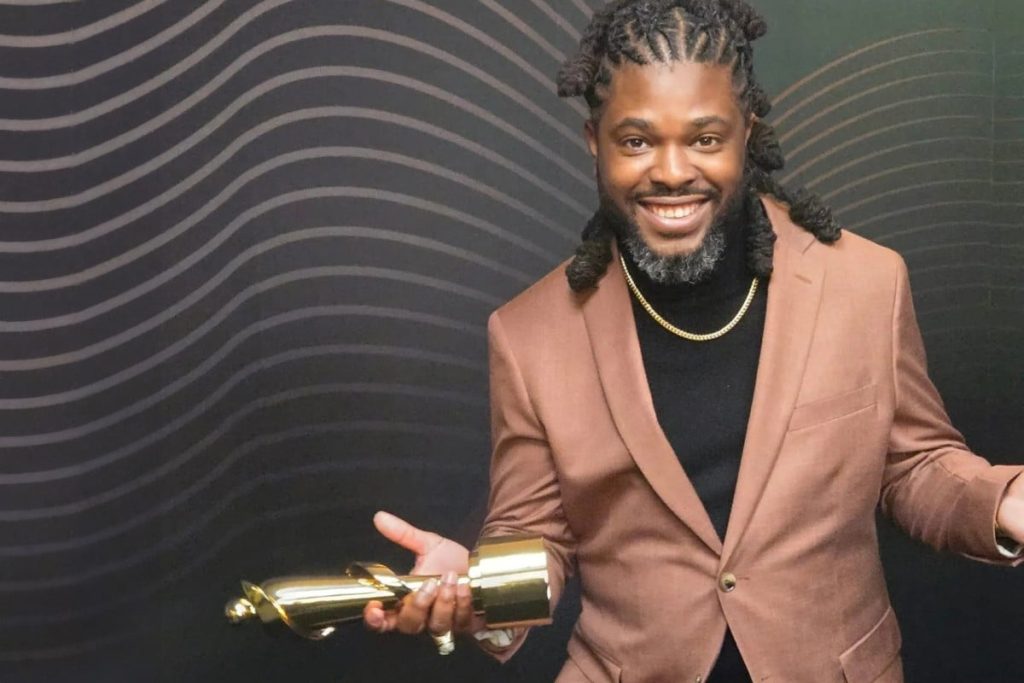The Canadian Academy of Recording Arts and Sciences (CARAS) has removed the Reggae Recording of the Year category from the 2025 JUNO Awards.
The Jamaica Observer reports that the news was delivered quietly to members of the JUNO Reggae committee without much explanation, leaving artists and producers concerned about the future of reggae representation in the country.
The announcement hinted at declining streaming numbers, reduced sales, repetitive submissions, and the dominance of a few artists over the years among the factors behind the category’s removal, according to a source.
The JUNO Awards introduced the Best Reggae/Calypso Recording category in 1985, which ran until 1991. After a brief hiatus in 1992 and 1993, during which reggae albums were included under the World Beat Recording category, the Reggae Recording of the Year category was established in 1994.
Recent winners of the award include Kirk Diamond, who won in 2018, 2023, and 2024; Kairo McLean, who won in 2022 and 2023; Töme and Sean Kingston (2021); Lyndon John X (2020); Dubmatix (2019); and Exco Levi, who won the award in 2012 through 2015 and 2017.
Carrie Mullings, a second-generation Jamaican living in Canada and a former chair of the JUNO reggae committee, expressed deep disappointment with the decision.
“I can’t even count the ways that this news has affected the community,” Mullings said, speaking with the Jamaica Observer. “To have the most prestigious award in Canada remove reggae is so disheartening.”
“When we’re in a time of peace, love, and unity, in trying to raise a flag of consciousness across the world, in a time where people are suffering the most, we know that mental wellness can be achieved by the words and lyrics spoken and sung by reggae musicians and ambassadors in reggae music… to have that same conscious message that needs to resonate around the world, so it is affecting our community a great deal.”
Mullings, who served on the committee for 17 years and resigned in 2022, emphasized the need for unity within the reggae community to address this issue.
“We need to come together, we need to organise, and we need to be a collective voice about the decision-making. We’ve spent many years involved in the JUNOS [and] we’ve also had many submissions. We have to learn to stop fighting one another. I’ve spent many years defending reggae and defending artistes; it’s time for us to do better, be better,” she said.



